By Daily Sports Nigeria on September 19, 2025
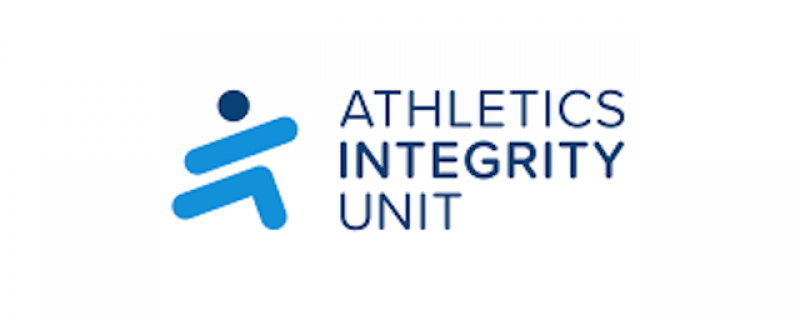
Nigeria’s 15-man contingent to the World Athletics Championships in Tokyo is facing one of the toughest anti-doping regimes in the sport’s history as the Athletics Integrity Unit intensifies scrutiny on countries with the highest risk of doping.
In a press statement made available to PUNCH Sports Extra on Thursday, the AIU confirmed that Nigeria, alongside Bahrain, Ethiopia, Kenya and Ukraine, is classified as a Category A nation under World Athletics Rule 15.
This category, according to the AIU, requires athletes to meet the strictest testing standards before being cleared to compete at major championships.
The AIU revealed that at least 650 tests were conducted on athletes at team hotels before the competition, and a further 550 are ongoing at the Japan National Stadium during the nine-day championships.
Samples are being analysed at the WADA-accredited laboratory in Tokyo, with the AIU announcing that, for the first time, testing will cover all three blood modules of the Athlete Biological Passport – endocrine, haematological and steroidal. The samples will be retained for 10 years in line with the reanalysis policy.
AIU chair David Howman explained that athletes from Category A nations had been under heightened scrutiny in the build-up to the championships.
According to him, “1,209 tests were conducted on the 145 athletes from Category A countries entered for Tokyo, with an average of more than eight tests per athlete in the ten months leading up to the championships.”
He added that this was made possible because the respective federations and their national anti-doping organisations had prioritised athletics in the championship year.
“It’s been a significant effort by the Category A National Federations and their respective NADOs, which treated athletics like a priority sport in this World Championships year.
“That has ensured their athletes have met the minimum testing requirements for the World Championships. The AIU is very pleased to see this level of commitment to protecting the integrity of our sport,” Howman said.
For Nigeria, this means that every member of the 15-athlete team in Tokyo, led by hurdler Tobi Amusan, has undergone at least three no-notice out-of-competition urine and blood tests, spaced no less than three weeks apart, in the ten months preceding the championships. Only athletes who satisfied this condition were cleared to represent the country in Tokyo.
The Nigerian squad, which includes Olympic medallist Ese Brume, rising 400m hurdler Ezekiel Nathaniel, shot put specialist Chukwuebuka Enekwechi and sprinters Udodi Onwuzurike, Kanyinsola Ajayi, Israel Okon and Rosemary Chukwuma, competed across 11 disciplines at the championships.
The latest measures underline World Athletics’ determination to keep the sport clean through a hard stance against doping violations across the globe, with nine athletes from the country currently serving bans for various violations.
Quarter-miler Imaobong Nse Uko is banned until July 2026 for whereabouts failures, having missed three tests in 12 months. Sprinter and hurdler Stephen Eloji is serving a four-year suspension until June 2028 after testing positive for dehydrochloromethyl-testosterone.
Ada Princess Bright is banned until September 2027 for Metenolone use during the 2023 national trials in Benin City.
Tokyo Olympian Grace Nwokocha, who tested positive for SARMS at the 2022 Commonwealth Games, finished serving her ban in August 2025, while 400m specialist Yinka Ajayi is serving an eight-year sanction that runs until January 2030. Glory Okon is also sidelined until January 2026 after a positive Metenolone test in 2021.
Nigeria’s most high-profile doping cases involve Blessing Okagbare, serving a 10-year ban until 2031 after multiple rule violations, including the use of human growth hormone and EPO, and Divine Oduduru, who was banned for six years until 2029 for possessing and attempting to use prohibited substances linked to the Eric Lira case.
Henry Azike and Vivian Chukwuemeka are serving lifetime bans for second doping offences. Chukwuemeka, the African women’s shot put record holder, tested positive for Stanozolol in 2012, while Azike was sanctioned for repeated Metenolone use.
The AIU also stressed that its work in Tokyo extends beyond testing to education and stakeholder engagement. Howman told the World Athletics Congress last week that the unit had achieved a record-breaking year in testing in 2024 and introduced the AIU Call Room, a multilingual hotline for elite athletes to discuss integrity issues with trained experts.
AIU head Brett Clothier joined Howman in updating member federations on the ongoing WADA Code Review, while the leadership also met accredited media in Tokyo after concluding a two-day board meeting.
Source Punch Ng
Posted September 19, 2025
You may also like...

Inter Ask Chelsea To Drop Asking Price For...

Super League Collapses As Premier League Clubs Pull...

Heavyweight Boxer Suspended For Kissing Female Journalist

Lazio Match Record Run But Held by Verona...

Guardiola ‘Confident’ Fernandinho Will Sign Man City Contract...

El-Kanemi down Heartland 3-0 in Maiduguri

 Marinakis on trial in Athens over inciting gang violence
Marinakis on trial in Athens over inciting gang violence Osimhen scores hat-trick as Galatasary sink Ajax
Osimhen scores hat-trick as Galatasary sink Ajax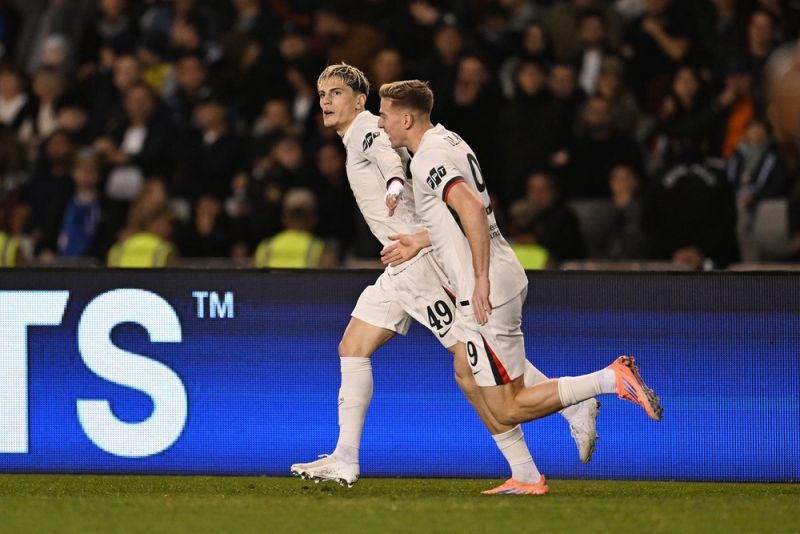 Eighty-five changes in 16 games - is Chelsea system working after draw?
Eighty-five changes in 16 games - is Chelsea system working after draw?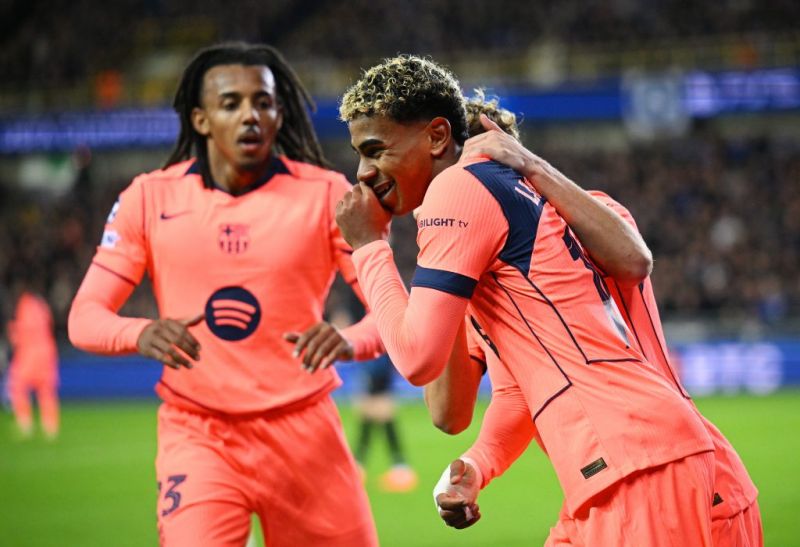 Yamal scores stunning goal as Barca draw thriller with Club Brugge
Yamal scores stunning goal as Barca draw thriller with Club Brugge GroupE THOP appoints three Distinguished Non-executive Directors to strengthen Governance and strategic ambition
GroupE THOP appoints three Distinguished Non-executive Directors to strengthen Governance and strategic ambition 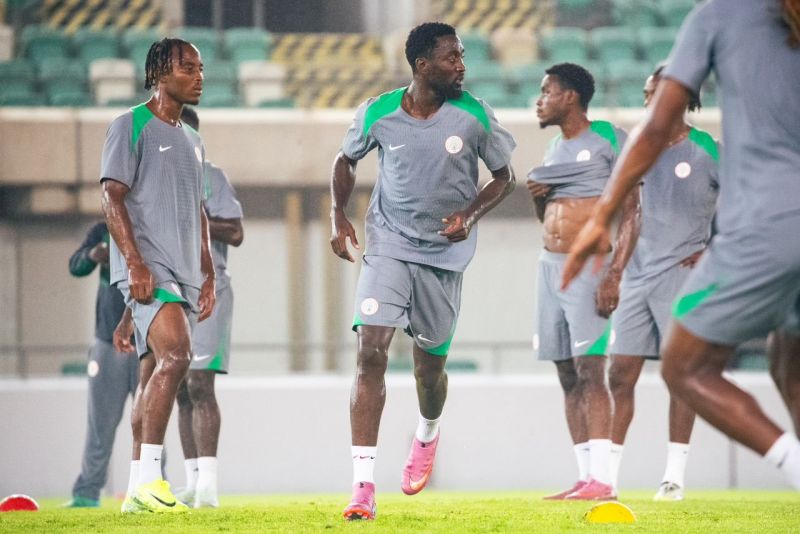 Super Eagles Camp Opens Nov. 10 in Rabat Ahead of 2026 World Cup Playoffs
Super Eagles Camp Opens Nov. 10 in Rabat Ahead of 2026 World Cup Playoffs Real Madrid, Super League seek over $4bn in damages from UEFA
Real Madrid, Super League seek over $4bn in damages from UEFA Juventus appoint former Italy manager Spalletti
Juventus appoint former Italy manager Spalletti Barca track Osimhen to replace Lewandowski
Barca track Osimhen to replace Lewandowski Do Liverpool fans think Slot is under pressure?
Do Liverpool fans think Slot is under pressure? Norrie loses to Vacherot after shocking Alcaraz
Norrie loses to Vacherot after shocking Alcaraz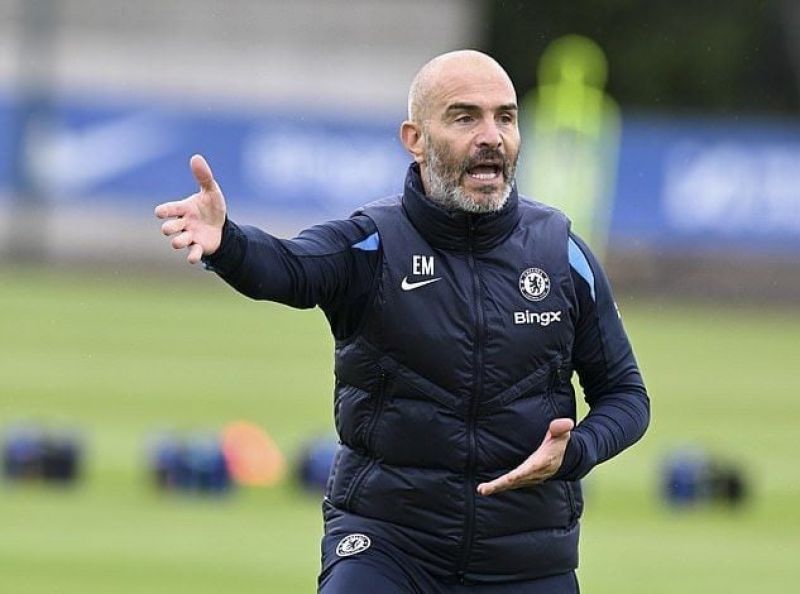 Maresca slams Delap’s ‘foolish’ red card in Chelsea EFL Cup win
Maresca slams Delap’s ‘foolish’ red card in Chelsea EFL Cup win Rangers International going, going . . . (63,296 views)
Rangers International going, going . . . (63,296 views) Amaju Pinnick: A cat with nine lives (54,506 views)
Amaju Pinnick: A cat with nine lives (54,506 views) Second Term: Amaju Pinnick, Other NFF Heavyweights Home to Roost •How Pinnick Broke the Jinx (52,457 views)
Second Term: Amaju Pinnick, Other NFF Heavyweights Home to Roost •How Pinnick Broke the Jinx (52,457 views) Current issues in Nigerian sports: Matters arising (52,086 views)
Current issues in Nigerian sports: Matters arising (52,086 views) Sports Development: Zenith Bank on the zenith (52,077 views)
Sports Development: Zenith Bank on the zenith (52,077 views) Missing $150,000 IAAF Grant: Solomon Dalung’s Hide and Seek game (52,010 views)
Missing $150,000 IAAF Grant: Solomon Dalung’s Hide and Seek game (52,010 views) Gov. Abdullahi Ganduje’s solid footprints, commitment to sports development in Kano State (51,843 views)
Gov. Abdullahi Ganduje’s solid footprints, commitment to sports development in Kano State (51,843 views) NFF Presidency: Pinnick, Maigari, Ogunjobi, Okoye in Battle for Supremacy (51,424 views)
NFF Presidency: Pinnick, Maigari, Ogunjobi, Okoye in Battle for Supremacy (51,424 views) Olopade, BET9A wave of revolution in NNL (50,540 views)
Olopade, BET9A wave of revolution in NNL (50,540 views) Commonwealth Games 2018: Shame of Muhammadu Buhari, Solomon Dalung (49,105 views)
Commonwealth Games 2018: Shame of Muhammadu Buhari, Solomon Dalung (49,105 views) Ibrahimovic’s Man U exit: Whose decision is it? And in whose interest? (47,514 views)
Ibrahimovic’s Man U exit: Whose decision is it? And in whose interest? (47,514 views) John Mikel Obi: Segun Odegbami’s Outrageous Call! (46,991 views)
John Mikel Obi: Segun Odegbami’s Outrageous Call! (46,991 views)